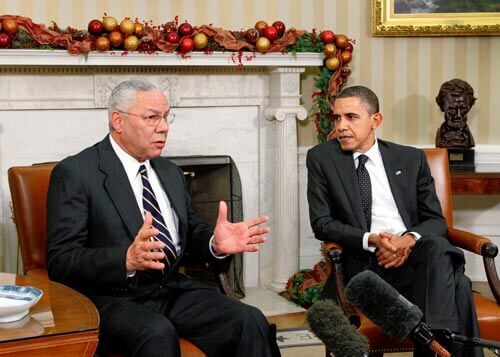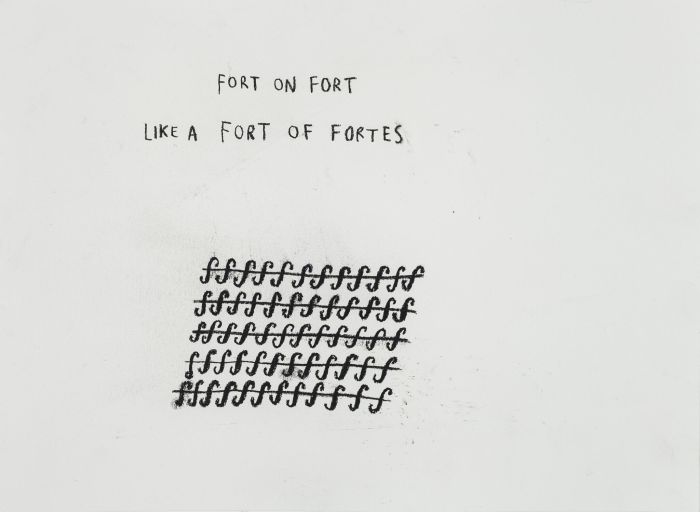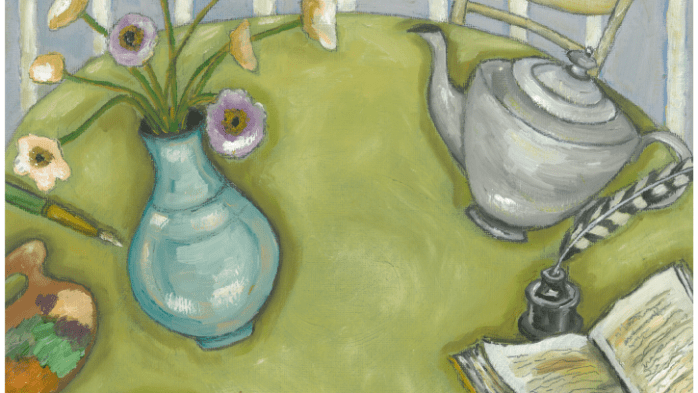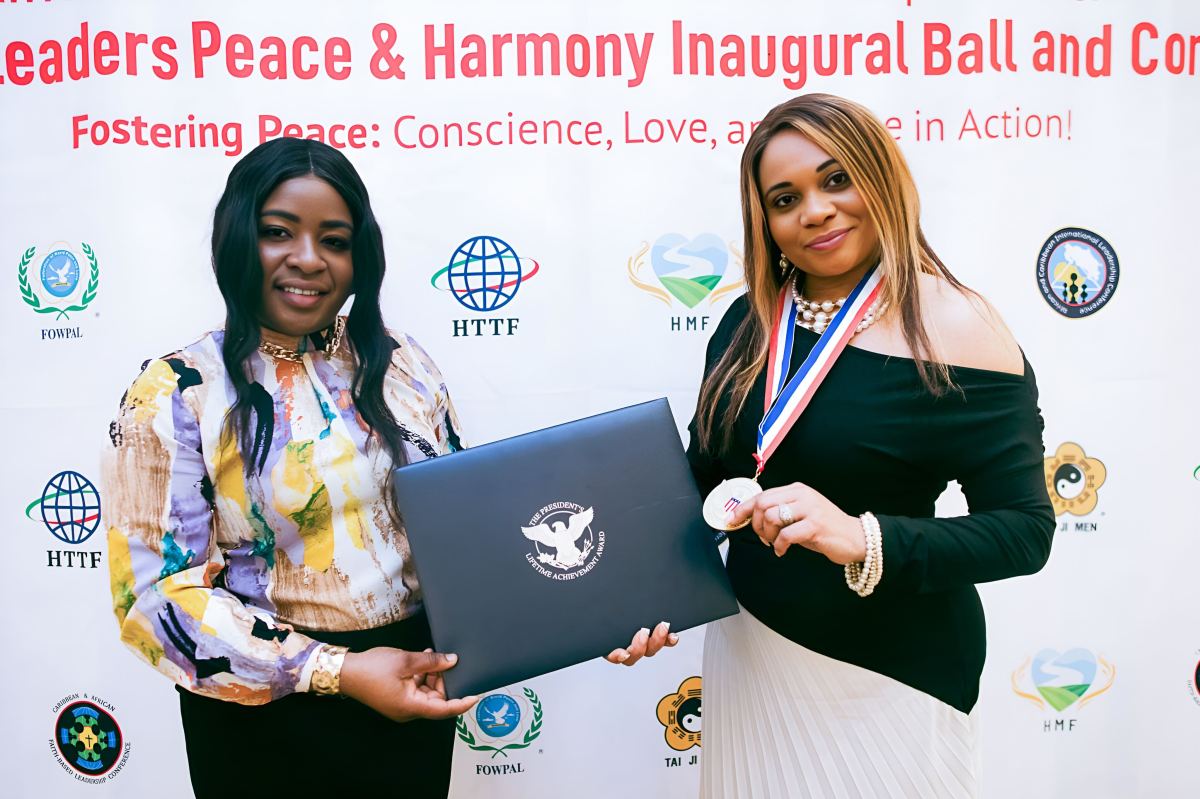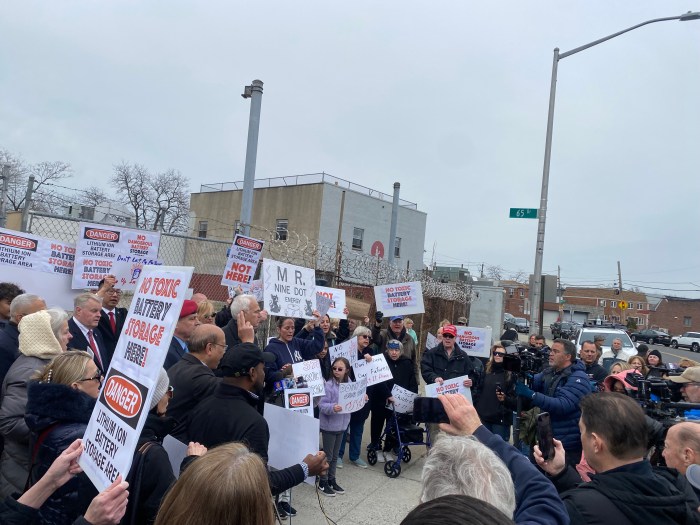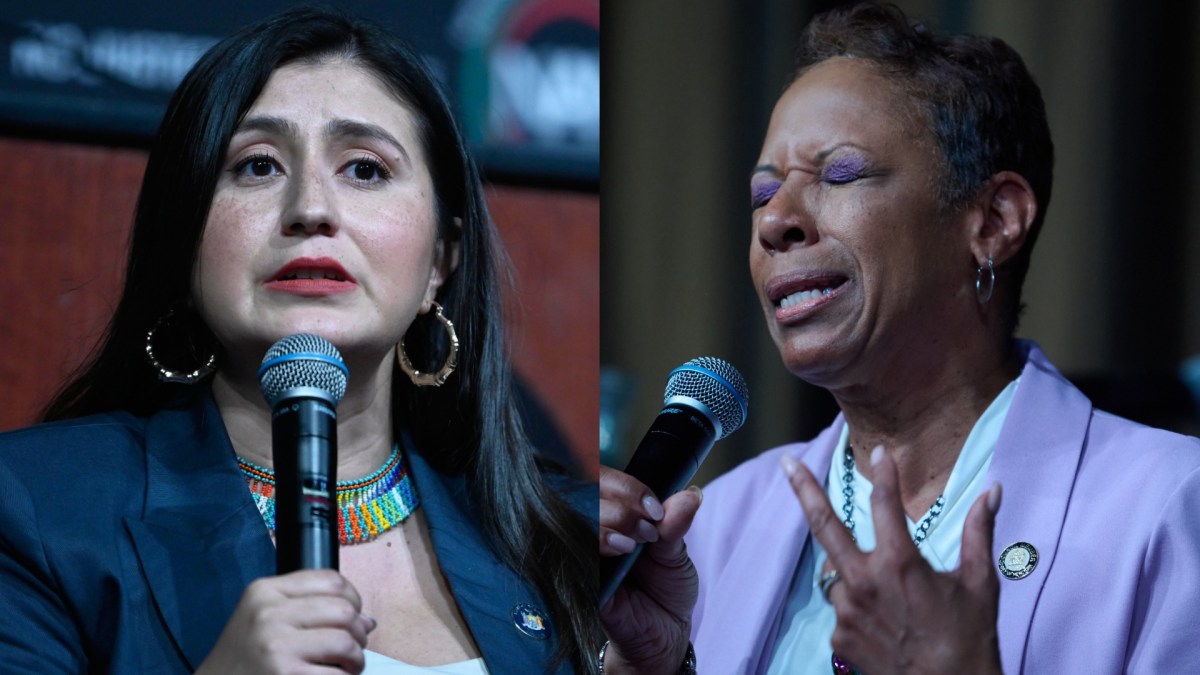The Brooklyn Academy of Music (BAM) was among 12 individuals and organizations who on Monday received the 2013 National Medal of Arts from President Barack Obama.
In a White House ceremony, Obama said BAM received the award for “innovative contributions to the performing and visual arts.
“For over 150 years, BAM has showcased the works of both established visionaries and emerging artists who take risks and push boundaries,” he said.
President Karen Brooks Hopkins received the award on behalf of Bam.
“On behalf of the people of the Ninth Congressional District of New York, I want to congratulate the Brooklyn Academy of Music on receiving the National Medal of Arts in recognition of its contributions to the performing and visual arts,” Brooklyn Congresswoman Yvette D. Clarke told Caribbean Life afterwards.
“As a proud native of Brooklyn, I have enjoyed the opportunity to live in a community where the arts are celebrated,” added the representative for the 9th Congressional District, stating that, since 1861, BAM has “entertained the people of Brooklyn with a wide variety of performances, from Isadora Duncan and Paul Robeson to Laurie Anderson and Philip Glass.
“I want to commend President Karen Brooks Hopkins, the staff of BAM, and the performers for their dedication to the development of our diverse culture, and I wish you all much success in the future,” continued Clarke, a member of the House Committee on Small Business, Ethics, and Homeland Security, where she is the Ranking Member of the Subcommittee on Cybersecurity, Infrastructure Protection, and Security Technologies.
She represents many neighborhoods in central and southern Brooklyn, which include Brownsville, Crown Heights, East Flatbush, Flatbush, Gerritsen Beach, Madison, Midwood, parts of Park Slope and Flatlands, Prospect Heights, Prospect-Lefferts Gardens, Sheepshead Bay and Windsor Terrace.
Other recipients of the award were: Julia Alvarez “for her extraordinary storytelling”; Joan Harris “for supporting creative expression in Chicago and across our country”; Bill T. Jones “for his contributions as a dancer and choreographer”; John Kander “for his contributions as a composer”; Jeffrey Katzenberg “for lighting up our screens and opening our hearts through animation and cinema”; and Maxine Hong Kingston “for her contributions as a writer.”
Others were: Albert Maysles “for rethinking and remaking documentary film in America”; Linda Ronstadt “for her one-of-a-kind voice and her decades of remarkable music”; Billie Tsien and Tod Williams “for their contributions to architecture and arts education”; and James Turrell “for his groundbreaking visual art.”
The National Humanities Medal was awarded to: M. H. Abrams “for broadening the study of literature”; American Antiquarian Society, Ellen Dunlap, “for safeguarding the American story”; David Brion Davis “for reshaping our understanding of history”; William Theodore de Bary “for enlightening our view of the world”; Darlene Clark Hine “for enriching our understanding of the African American experience”; and John Paul Jones “for honoring nature and indigenous traditions in architecture.”
Others were: Stanley Nelson “for documenting the stories of African Americans through film”; Diane Rehm “for illuminating the people and stories behind the headlines”; Anne Firor Scott “for pioneering the study of women in the American South”; and Krista Tippett “for thoughtfully delving into the mysteries of human existence”.
“The late, great Maya Angelou once said ‘a bird doesn’t sing because it has an answer, it sings because it has a song,’” Obama told the honorees. “Each of the men and women that we honor today has a song -– literally, in some cases. For others, it’s a talent, or a drive, or a passion that they just had to share with the world.
“To our honorees: Like most creative and brainy people, you did not cultivate your song for accolades or applause,” he added. “If there were no medal for your work, I expect you’d still be out there designing buildings and making movies and digging through archives and asking tough questions in interviews.
“But we do honor you today because your accomplishments have enriched our lives and reveal something about ourselves and about our country.
“And we can never take for granted the flash of insight that comes from watching a great documentary or reading a great memoir or novel, or seeing an extraordinary piece of architecture,” the president continued. “We can’t forget the wonder we feel when we stand before an incredible work of art, or the world of memories we find unlocked with a simple movement or a single note.
“The moments you help create -– moments of understanding or awe or joy or sorrow -– they add texture to our lives,” he said. “They are not incidental to the American experience; they are central to it, they are essential to it. So we not only congratulate you this afternoon, we thank you for an extraordinary lifetime of achievement.”



